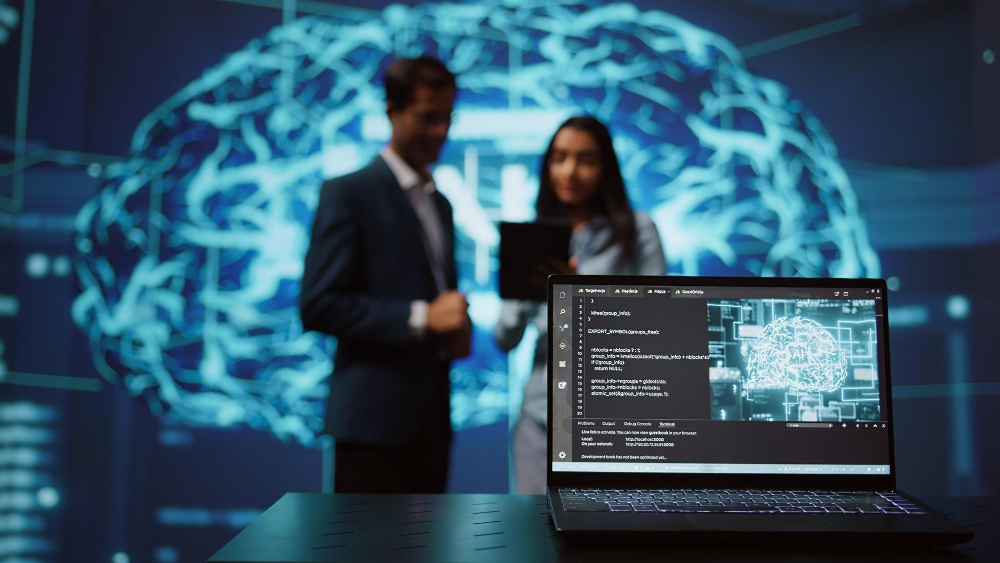In 2025, generative AI has transitioned from a buzzword to a cornerstone of technological innovation. While much attention has been focused on large language models and multimodal systems, a significant shift is occurring behind the scenes. Generative AI development companies are emerging as pivotal players, translating complex AI capabilities into practical, scalable solutions for businesses across various industries.
The Rise of Generative AI Development Companies
Generative AI development companies specialize in creating tailored AI solutions that leverage large language models (LLMs) and other advanced AI technologies. These firms bridge the gap between raw AI capabilities and real-world applications, enabling businesses to harness the power of AI without the need for in-house expertise.
According to the 2025 AI Index Report by Stanford HAI, global private investment in generative AI reached $33.9 billion, marking an 18.7% increase from 2023. This surge in investment underscores the growing demand for specialized AI solutions and the critical role of development companies in meeting this demand.
Key Trends Shaping the Industry
Several trends are influencing the landscape of generative AI development:
1. Industry-Specific Solutions
While general-purpose AI models are valuable, many organizations require solutions tailored to their specific industry needs. Generative AI development companies are responding by creating customized applications for sectors such as healthcare, finance, manufacturing, and retail. For instance, companies like Neoteric have developed AI-powered tools for clients like Nestlé and Boeing, demonstrating the effectiveness of industry-focused solutions.
2. Integration with Existing Systems
Businesses often seek to integrate AI capabilities into their existing workflows and systems. Development companies are facilitating this integration by building APIs and middleware that connect AI models with enterprise software, enhancing functionality without disrupting established processes.
3. Emphasis on Data Privacy and Compliance
With increasing regulatory scrutiny on AI applications, especially in regions like the European Union, data privacy and compliance have become paramount. Generative AI development companies are investing in robust data governance frameworks to ensure their solutions adhere to regulations such as the EU AI Act and GDPR.
4. Open-Source Collaboration
The open-source movement continues to thrive in the AI community. Companies like Hugging Face and Mistral AI are leading the way in developing open-source models that can be fine-tuned and adapted for various applications. This collaborative approach accelerates innovation and democratizes access to advanced AI technologies.
Challenges Faced by Development Companies
Despite the promising growth, generative AI development companies encounter several challenges:
- Talent Acquisition: The demand for skilled AI professionals outpaces supply, making recruitment and retention a significant hurdle.
- Infrastructure Costs: Developing and deploying AI models require substantial computational resources, leading to high operational costs.
- Model Bias and Fairness: Ensuring that AI models are unbiased and fair remains a complex issue, necessitating ongoing research and refinement.
- Client Education: Many businesses are still in the early stages of AI adoption, requiring development companies to invest in educating clients about the potential and limitations of generative AI.
Looking Ahead
The future of generative AI development companies appears promising. As businesses increasingly recognize the value of AI, the demand for specialized development services is expected to grow. Companies that can navigate the challenges and capitalize on emerging trends will be well-positioned to lead in this dynamic field.
In conclusion, generative AI development companies are playing a crucial role in the AI ecosystem. By translating complex AI technologies into practical solutions, they are enabling businesses to unlock new opportunities and drive innovation. As the industry continues to evolve, these companies will remain at the forefront of AI advancement, shaping the future of technology.




